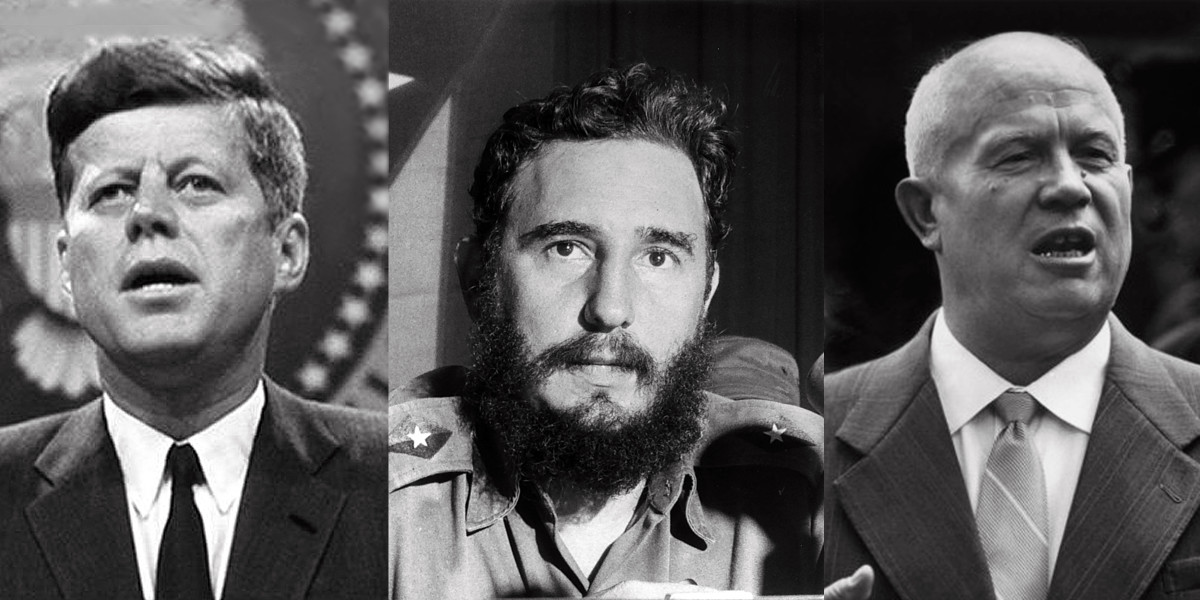On October 22, 1962, U.S. President John F. Kennedy addressed the nation in a televised speech announcing the discovery of several Soviet missile bases in Cuba. Spotted by American spy planes, he stated their construction was nearing completion. Once fully functional, these bases would be capable of launching medium-range missile strikes at a number of major U.S. cities, including Washington D.C.
As a result of this alarming discovery, President Kennedy announced immediate action. He ordered a naval quarantine of the island nation to prevent further transportation of weapons by the Soviet Union, and in no uncertain terms, declared the United States would not tolerate such offensive actions. Kennedy admonished the missile bases’ existence, referred to their building as a “provocative threat to world peace,” and asserted the United States was prepared to do whatever was required to quell this threat, including the utilization of military forces if necessary.
After an extremely tense period of negotiation between the United States and the Soviet Union, an agreement was reached. Khrushchev, who was the then-leader of the Soviet Union, would order the disassembling of the weapons and their return to the USSR under the condition the United States agreed to not invade Cuba again. This was an incredibly precarious moment in time, as the escalation of this crisis ultimately led the two world superpowers to the brink of nuclear war.
The Cuban Missile Crisis formally began on October 14, 1962—the day of the missile bases’ discovery. However, October 22 became known as its unofficial beginning as this was when the public at large became aware of the crisis through President Kennedy’s powerful and widely broadcasted speech.

